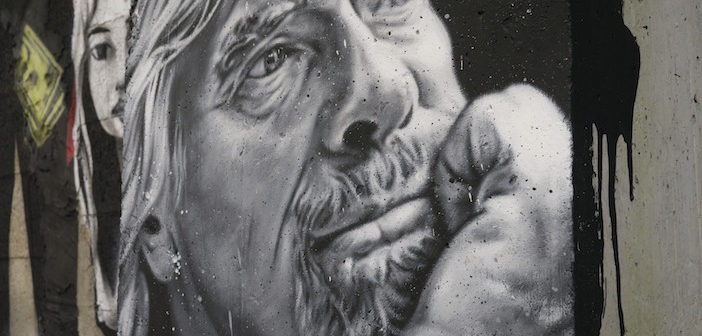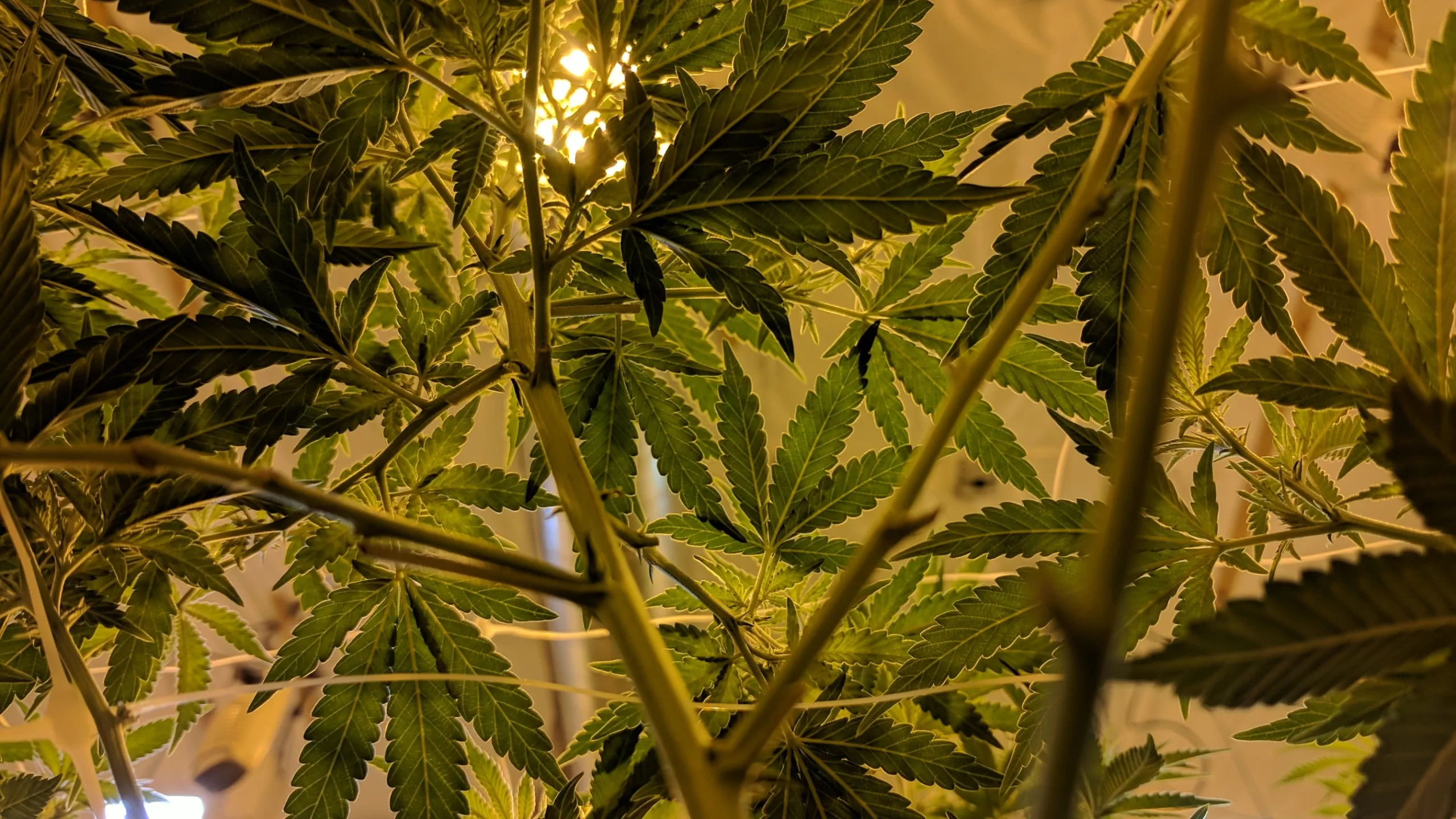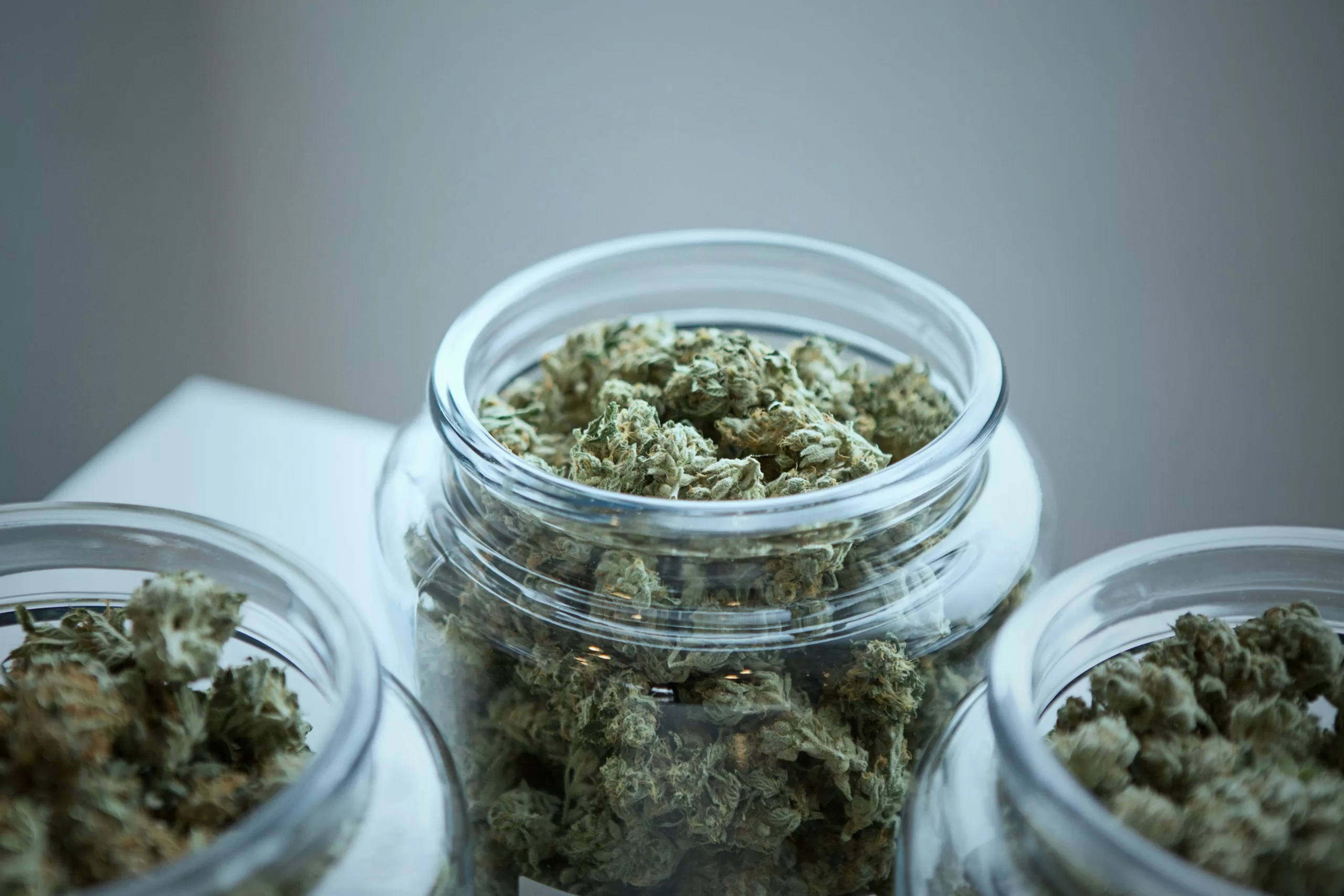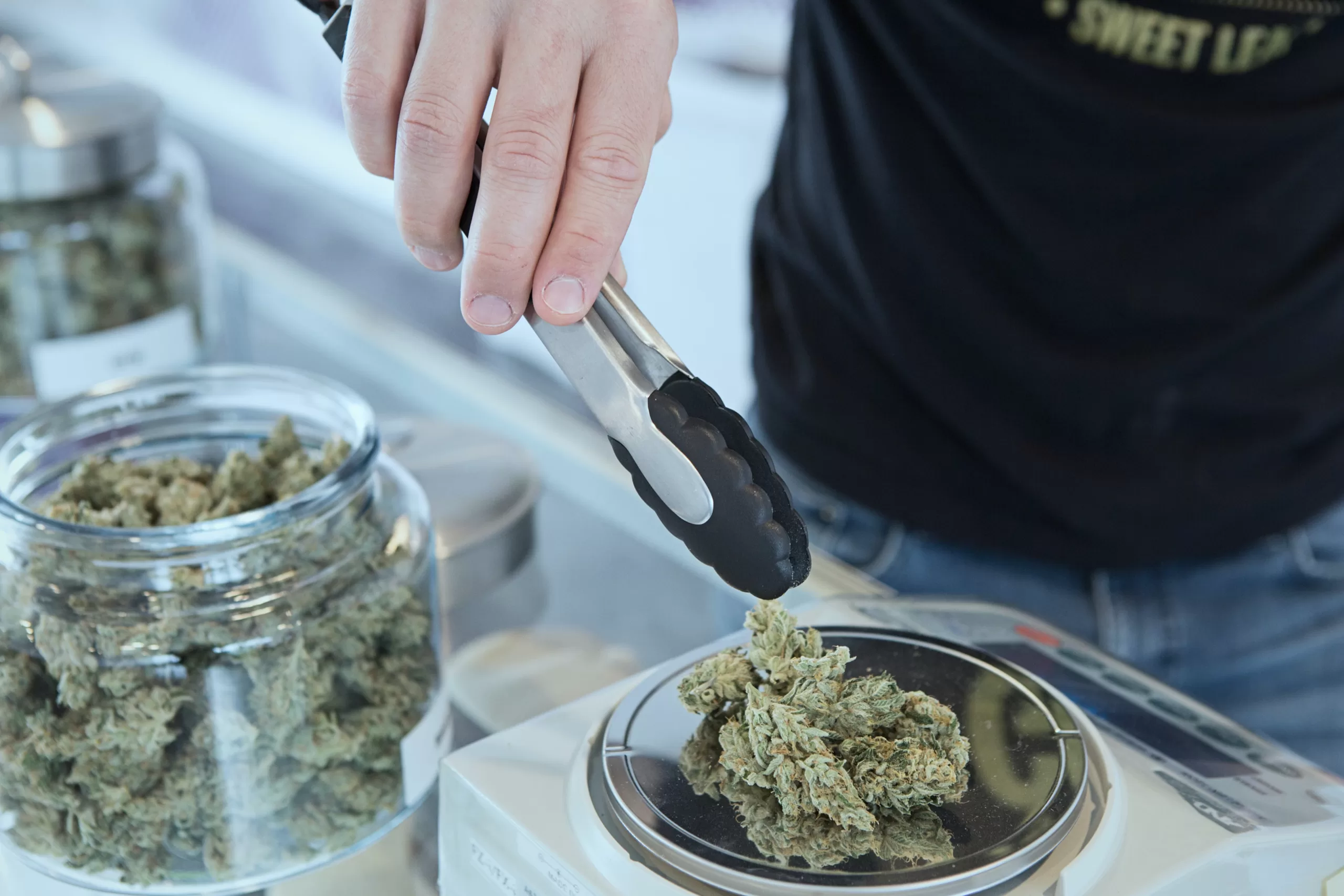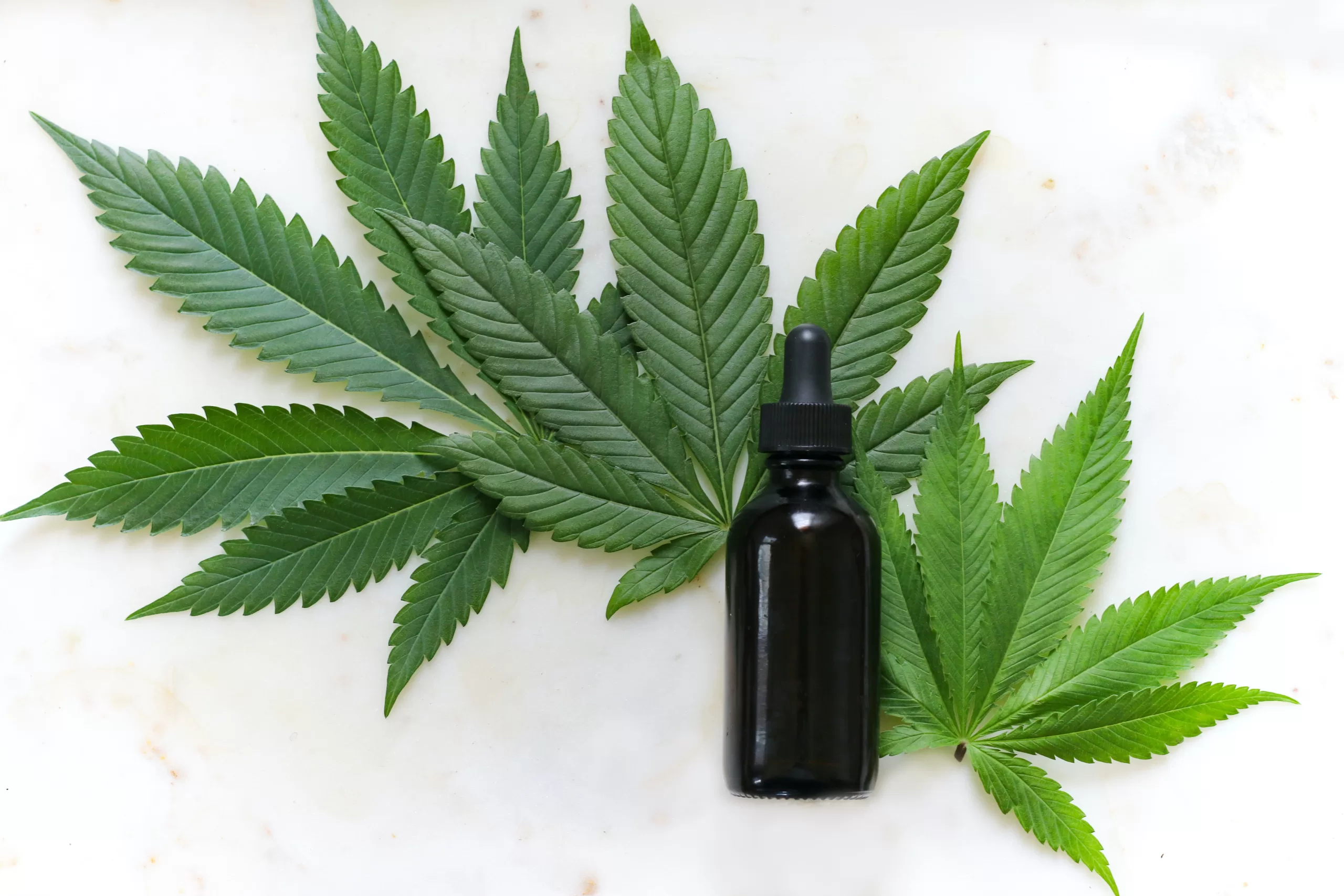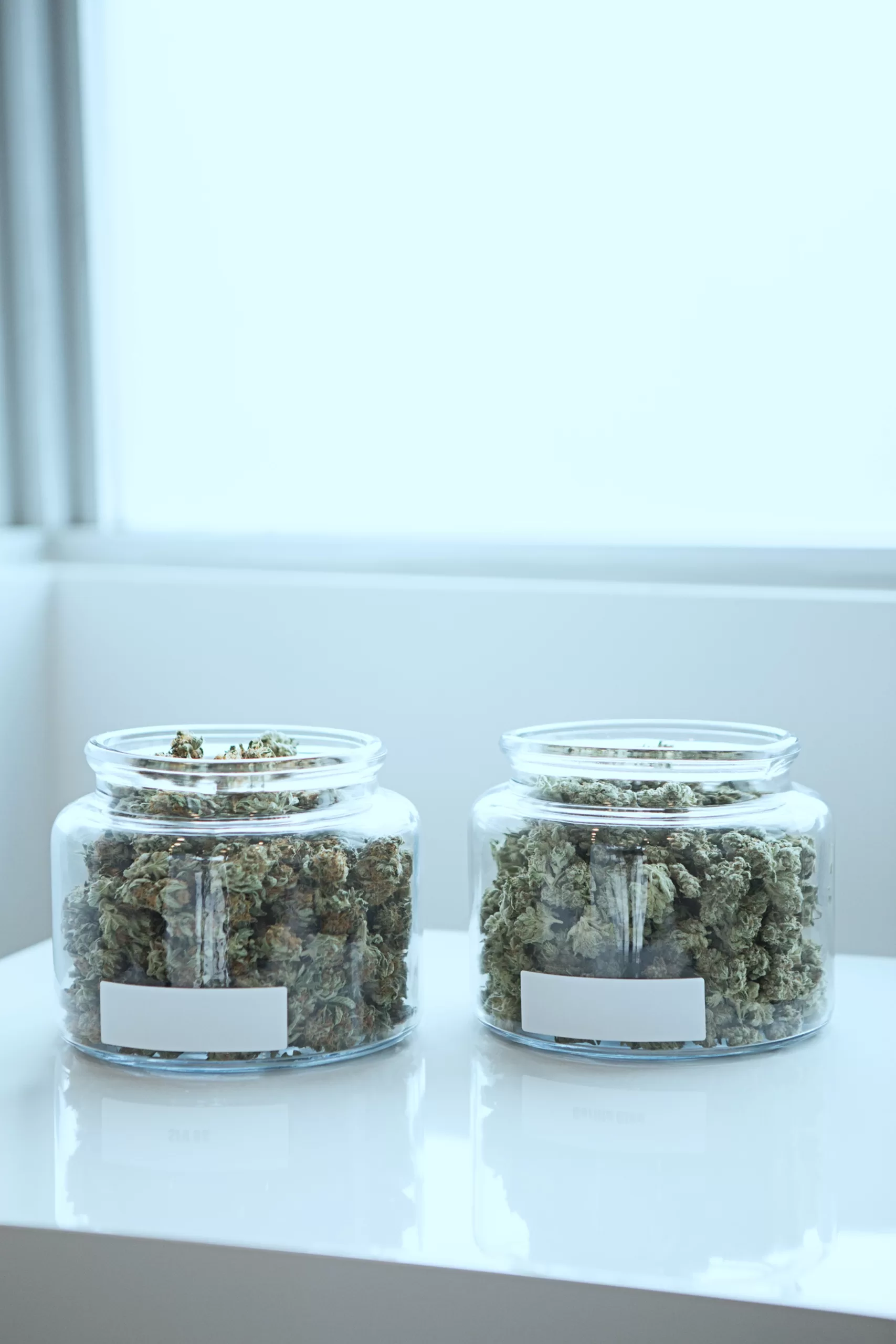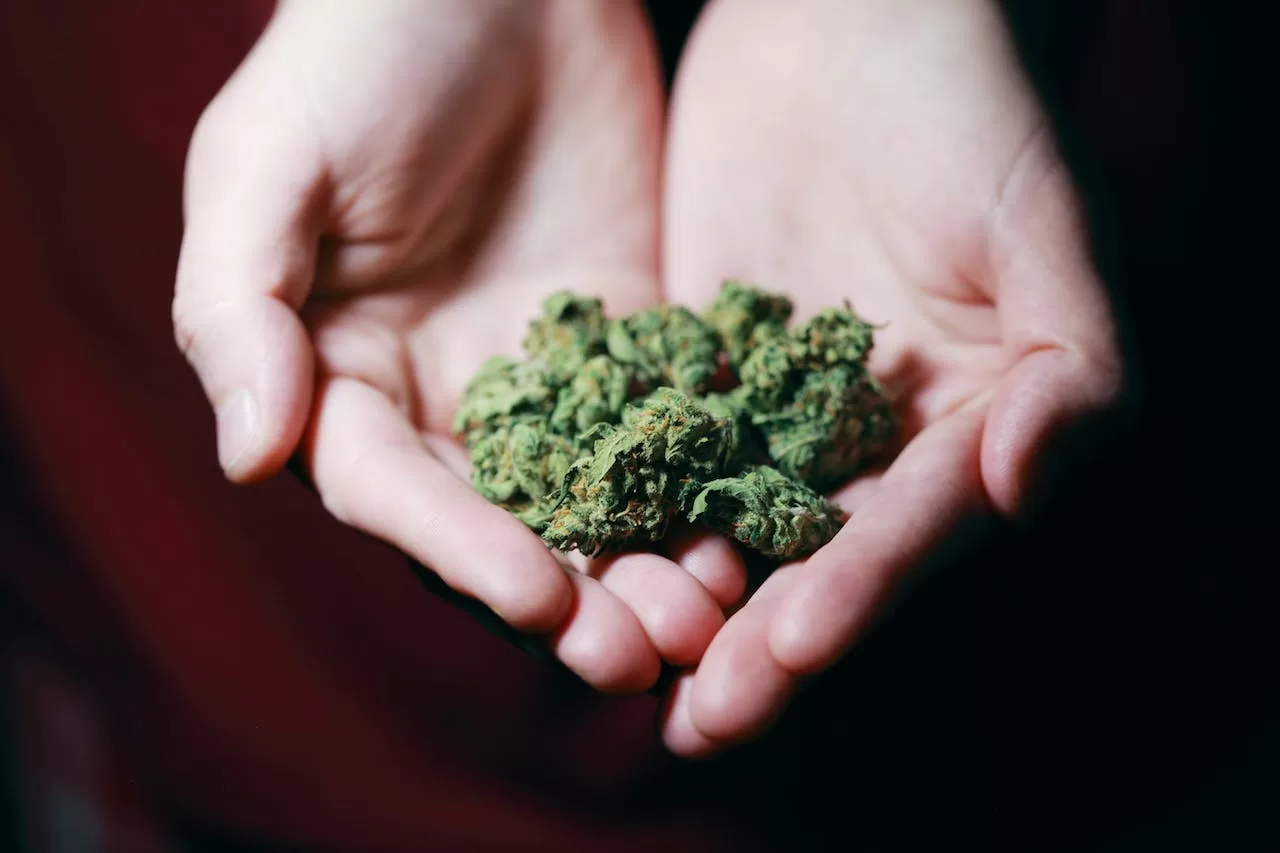Our country has a serious problem. A most serious problem that is devastating North America – opioid addiction.
It’s a problem that has no boundaries of young or old, rich or poor, educated or non-educated, Black or White or any other comparison you may want to make. And battling this war is an ever growing group of people who realize the extent of the problem and are looking and pleading for pragmatic action over endless bouts of ideology.
Sir Richard Branson is one of those people. An entrepreneur and an advocate for social issues is calling for policy reform in Canada and the US to stem this scourge, this plague on our continent. He, as part of the 2017 Global Commission on Drug policy encourages the decriminalization of illicit narcotics and the abolishment of all penalties – both civil and criminal – for individuals who use recreational drugs. Branson and the commission have also called for “the elimination of illicit drug markets by carefully regulating different drugs according to their potential harms.”
Here are some hard facts from a position paper by the 2017 Global Commission on Drug Policy titled “The Opioid Crisis in North America”.
About 64,000 people died from drug overdoses in the United States in 2016.
1. The vast majority of these deaths involved an opioid drug, which is the classification that includes the opium derivatives heroin, morphine, oxycodone and synthetic drugs, including the various forms of fentanyl.
2. Most opioid overdose deaths involved a combination of drugs (polydrug use), i.e. an opioid and, typically, a substance in the depressant class, such as alcohol or anti-anxiety medications like benzodiazepines, although stimulants like cocaine also sometimes contribute.
3. Overdose is now the leading cause of unintentional injury death in the United States. Annually, it kills more than car accidents and takes more lives than US soldiers were lost in the deadliest year of the Vietnam War (16,899 in 1968) or at the height of the HIV/AIDS epidemic in the United States (43,115 in 1995).
The commission’s position paper noted, “the most effective way to reduce the extensive harms of the global drug prohibition regime and advance the goals of public health and safety is to get drugs under control through responsible legal regulation.”
As such, Branson and the commission have rolled out several policy recommendations:
• Legally regulate the medical use of marijuana.
• Stop the criminalization and incarceration of recreational drug users in Canada and the United States.
• Eliminate and bypass criminal organizations by allowing pilot programs that create a legal regulation of currently illicit drugs.
• Make proven harm reduction measures and treatment facilities widely available: Naloxone, low threshold opioid substitution therapy, heroin-assisted treatments, needle and syringe programs, and supervised injection facilities.
• The de facto decriminalization of personal drug use at the municipal, city or state levels.
• Increased research in critical areas including treatments for addiction to prescribed opioids and the psychological and socioeconomic links to opioid addiction.
• Research the role played by fentanyl and its derivatives in opioid overdoses.
We need to ‘Do’ and we need to ‘Do It Now’. President Donald Trump declared the Opioid Crisis a National Emergency today but some say it doesn’t go far enough because there were no additional funds to fight the epidemic. But maybe it keeps the pragmatic ball rolling.

